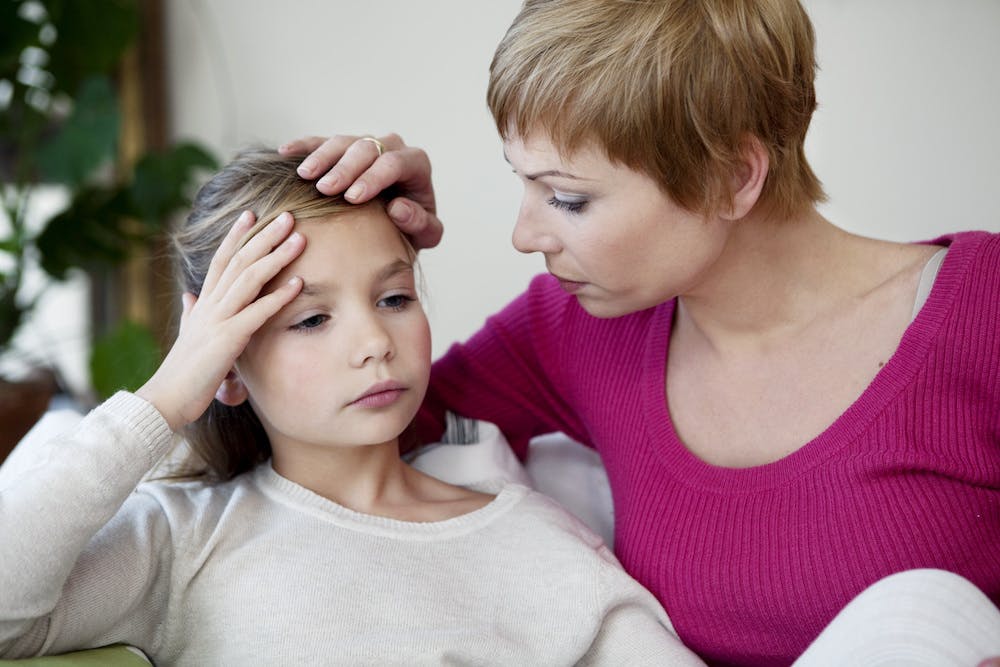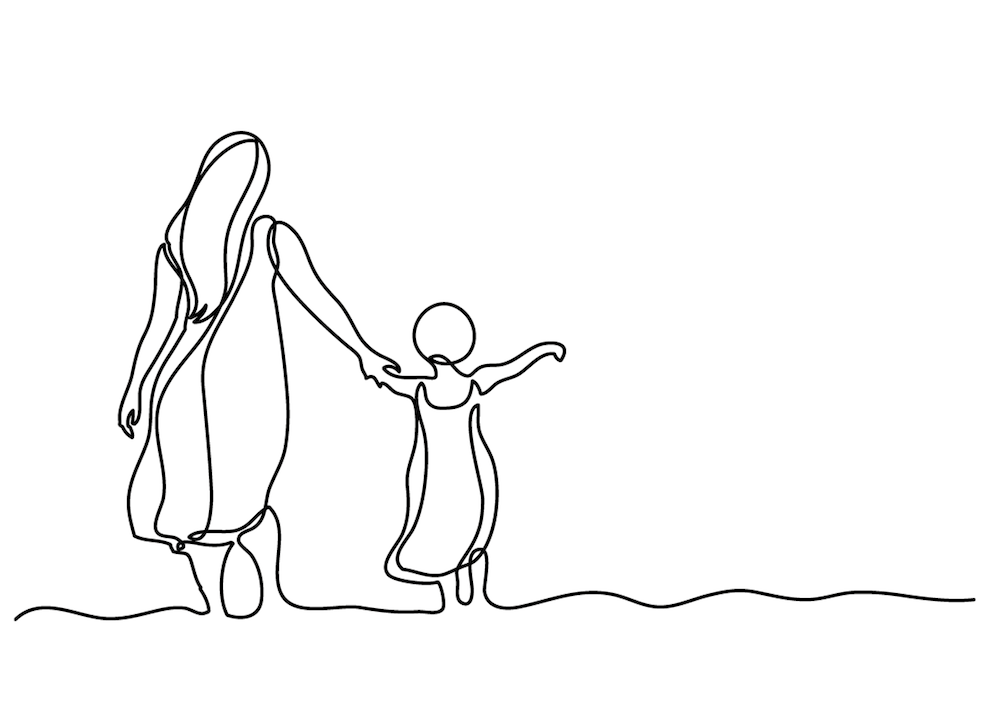7 Ways to Help a Child Who is Having a Panic Attack
updated on Dec 8, 2020

More and more young people are struggling with anxiety in the UK. Here’s how you can assist a child who is experiencing a panic attack
According to NHS data, the number of young people being treated in hospital has risen by 42% in just a single year, with thousands receiving a diagnosis of “anxiety”. Childline has also reported a 35% rise in anxiety-related calls in the last 12 months, and new research among 700 children aged 10 and 11 by the mental health charity Place2Be suggests almost two-thirds worry “all the time”. So why are children getting so anxious?
One theory points to the rise in social media. Young people are being exposed to the online world earlier, with social networking sites having the potential to become a negative environment for young, impressionable minds. Social media has also been linked to cyber-bullying, low self-esteem and poor body image, all of which can increase feelings of anxiety.
Children and young people can find it difficult to express their concerns and may bottle up emotions. If these feelings are not addressed they can affect mental health, leading to anxiety disorders and sudden panic attacks.

Spotting the warning signs
Anxiety affects everyone differently. However, there are some common symptoms to look out for in your child:
- They are struggling to concentrate
- They are having difficulties sleeping
- Their eating habits have changed
- They quickly become angry or irritable
- They appear tense, fidgety or need to use the toilet often
- They cry more than usual for no apparent reason
- They are clingy and reluctant to leave you
- They complain of feeling unwell or having tummy aches
Of course, whenever you spot a change in your child’s behaviour or health it’s recommended that you make an appointment with your local GP. While anxiety may be the underlying cause, it’s always wise to first rule out a physical health problem.
Say things like, "I know you don’t feel okay but you will be okay," "I will help you get through this and it will end soon," and "Take some deep breaths"
How to help a panicking child
Panic attacks are an incredibly frightening symptom of anxiety. They can last anywhere between five and 20 minutes, and have very real physical effects such as chest pain, shortness of breath, dizziness, nausea, and/or trembling.
Children may not be as capable of articulating their feelings as adults, so it can be hard to know if they need help. We asked Counselling Directory member and child psychotherapist, Shirley Ogilvie, how you can help your child if you suspect they are having a panic attack:
1. Remain in control. Remember, a child in the midst of a panic attack has lost their sense of control, which in itself is frightening and overwhelming.
2. Stay calm and mindful while using a firm but gentle tone of voice to communicate that you are present and there for them, and that you understand how anxious they feel.
3. Use age-appropriate words to describe anxiousness, such as “wobbly” or “scared”. By doing this you will communicate a sense of safety, confidence and containment for the child who is in the middle of an emotional storm.
4. Ensure the child feels increasingly safe. Use soothing words. Use their name. Say things like, “I know you don’t feel okay but you will be okay,” “I will help you get through this and it will end soon,” and “Take some deep breaths.”
5. Remind them that panic attacks always end and that they will get through them. This can offer hope. However, try not to give excessive reassurance. You want your child to find their own coping strategies.
6. Pay attention to the physical symptoms of panic attacks. Convey to the child that the fast heartbeat, dizziness or shaking will pass in a few minutes. Tell them these are signs of their fear, not of illness.
7. Give them time to calm down. Don’t rush the child. They will need time to help them regain their sense of self and composure.
Finally, always remember that if you can remain calm during their emotional storm they will regain their resilience and the attack will pass more quickly.
If you are struggling with your mental health and need to talk, or if you are worried about your child, professional support may help. Visit Counselling Directory to find a therapist today.

